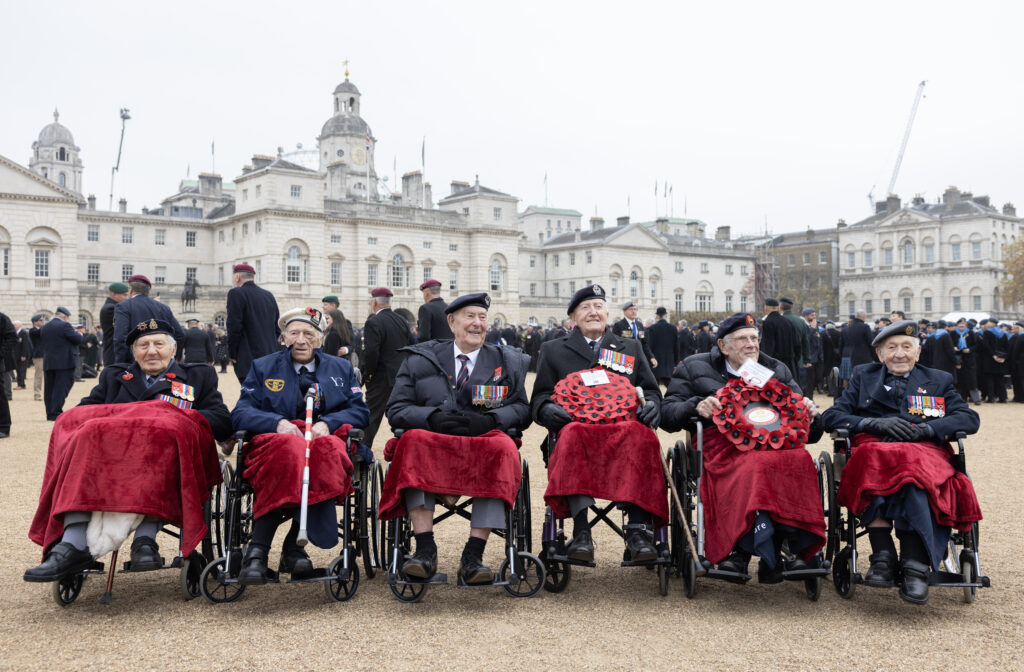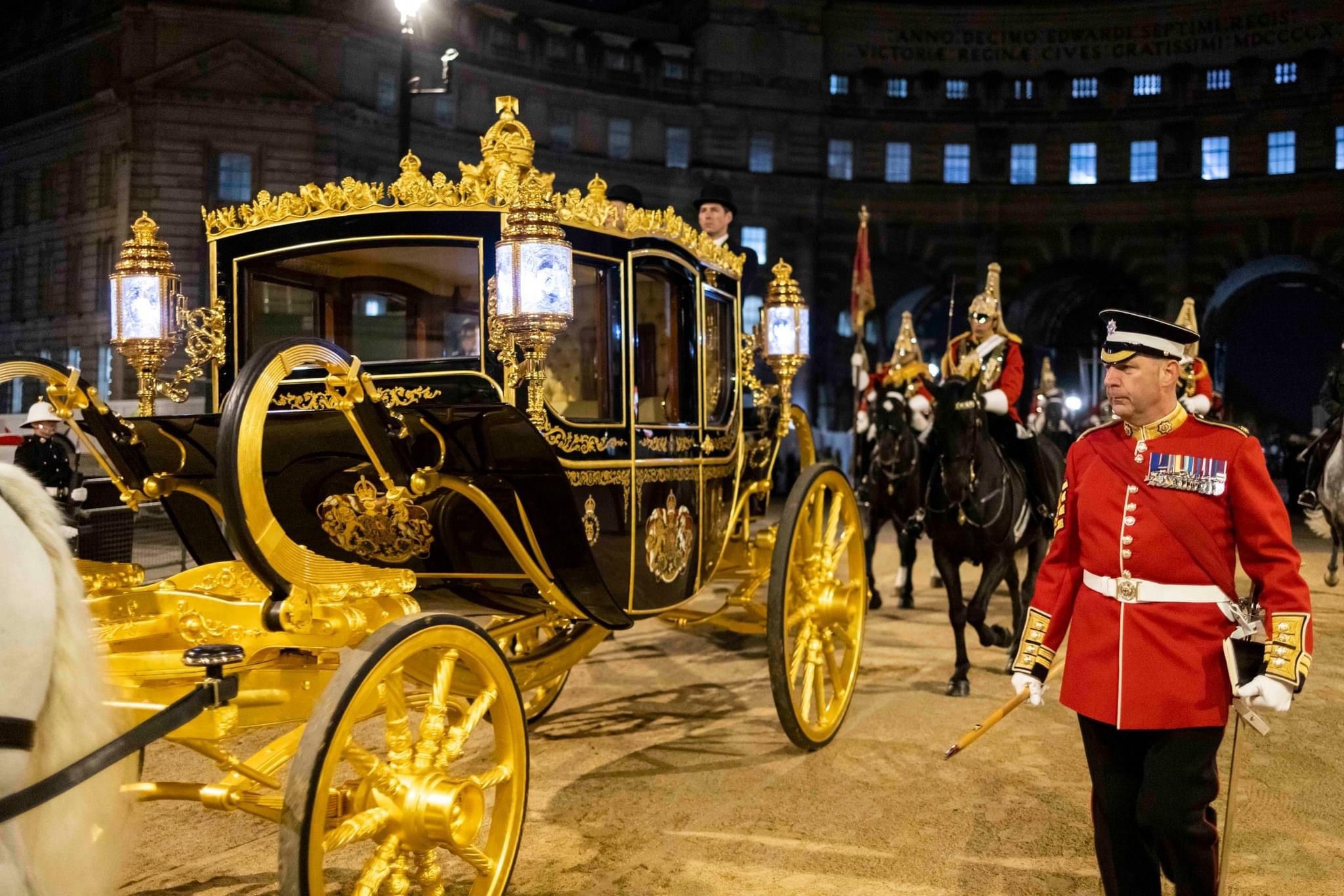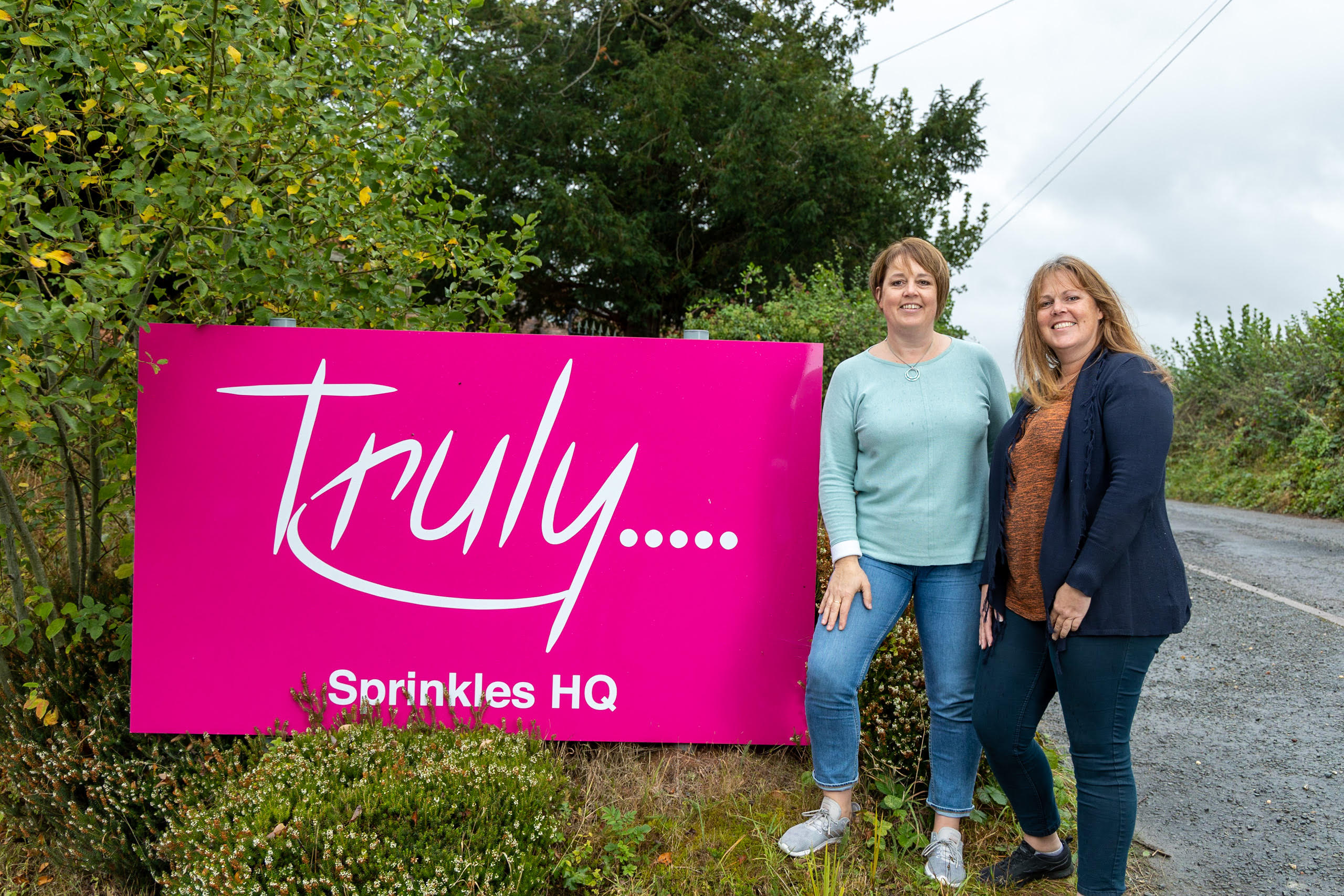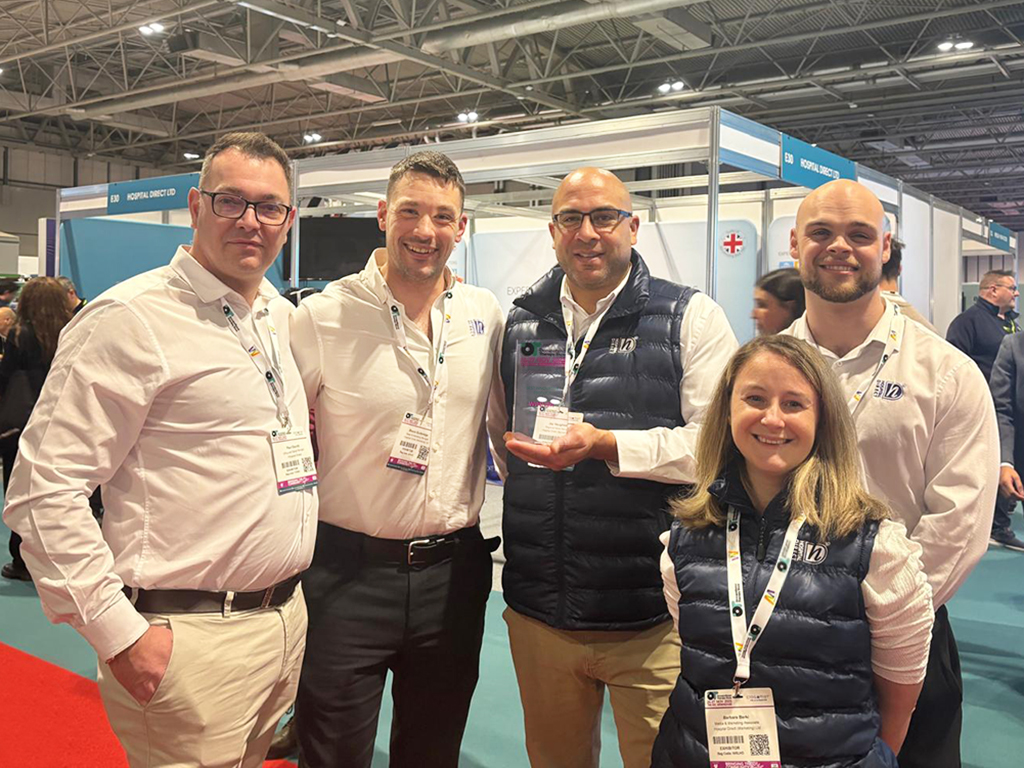As the annual poppy appeal approaches, Neil Thomas looks at the work of its organiser, Royal British Legion.
This Autumn sees many of us enacting an annual custom that has endured for more than a century. We’ll buy and wear a poppy.
Remembrance poppies have been worn in Britain since 1921, when they were introduced to commemorate soldiers killed in action during the First World War.
From 1914 to 1918, more than 880,000 British soldiers – 6 per cent of the male population – were killed in the Great War and the almost 2 million wounded returned home to find that little provision had been made for them.
Earl Haig – who as Field Marshall Sir Douglas Haig had commanded the British Expeditionary Force on the Western Front in France and Belgium during the conflict – founded the British Legion to support returning veterans and their families.
The charity was formed on 15 May 1921, bringing together four national organisations of ex-Servicemen set up after the First World War – The National Association of Discharged Sailors and Soldiers; The British National Federation of Discharged and Demobilized Sailors and Soldiers; The Comrades of The Great War and The Officers’ Association.
Inspired by similar campaigns in the US, Canada and France, Britain’s first Poppy Day was organised for 11 November of that year – three years to the day that the Armistice had ended the war. It was a huge success; the 9 million poppies produced sold out, and Poppy Day became an annual event, as did a two-minute silence at 11am (when the guns had fallen silent) and a remembrance ceremony at the Cenotaph – unveiled the previous year as a national memorial to the war dead of Britain and the Empire.
Today, the poppy has two purposes: collective remembrance for those who died in war, and fundraising for what is now the Royal British Legion (the Royal was added in 1971 to mark the charity’s 50th anniversary).
Last year, the Poppy Appeal brought in more than £51.4 million – up £1.1million on the 2023 figure.
The money goes towards supporting former and current members of the Armed Forces and their families, with anything from welfare help to legal costs, expert advice and practical support.
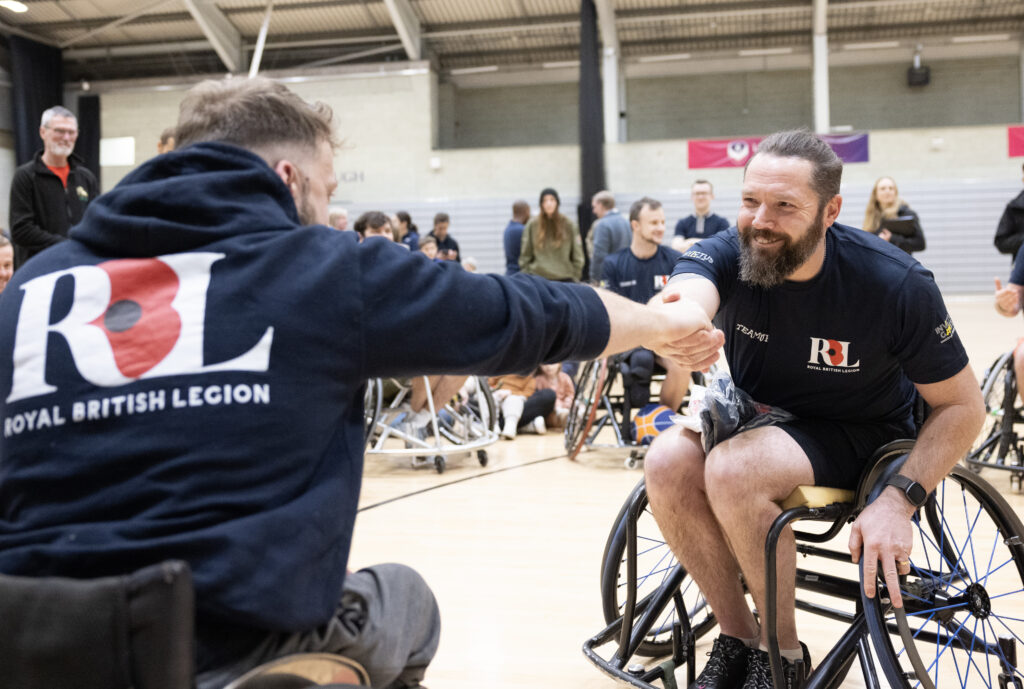
The RBL even funds Team UK at the Invictus Games, the international multi-sport event for wounded, injured, and sick servicemen and women, both serving and veterans. Founded by Prince Harry (an army Captain who undertook two tours of Afghanistan), the Games showcase the power of sport in recovery and rehabilitation, taking the Latin word for ‘unconquered’ as its name.
“If you’ve served, we’ll provide support for the rest of your life whenever you need it,” pledges Philippa Rawlinson, Director of Remembrance at the RBL. “That’s what we’re here to do.”
Though originally established for a specific need – support for the wounded of the First World War and their families – the RBL is still going strong more than 100 years later not least because a range of subsequent conflicts has intensified its need. The Second World War (1939-45), Korean War (1950-53), Falklands War (1982), two Gulf Wars (1990-91 and 2003-08), a 20-year campaign in Afghanistan (2001-2021), decades of sectarian violence in Northern Ireland referred to as ‘The Troubles’, as well as service in Asia, Africa and the Middle East as the Empire disintegrated, have all made the Royal British Legion as relevant as ever.
It is the country’s largest Armed Forces charity, with 180,000 members, 110,000 volunteers and a network of partners and charities helping to give support wherever and whenever it’s needed. Members get together through a wide network of branches and clubs all over the country and overseas to participate in social, fundraising and welfare activities.
Currently Shropshire has around 1,600 members spread across 27 branches, covering all corners of the county.
The work of the RBL continues to be essential, as Shropshire veteran Clive Jones has experienced at first hand.
The 47-year-old former Welsh Guardsman served 12 years in the Army. Clive conducted two tours of Northern Ireland during his service, spending his 18th birthday in Londonderry. After two years in Ulster, which was then still plagued by ‘The Troubles’, he returned to his Tern Hill base near Market Drayton, where he met his wife, Steph, with whom he now has three children. He then returned to Northern Ireland in 1997 and admits that those two tours led to him developing PTSD (Post Traumatic Stress Disorder) which manifested itself in persistent nightmares. He is, however, currently able to manage his diagnosis.
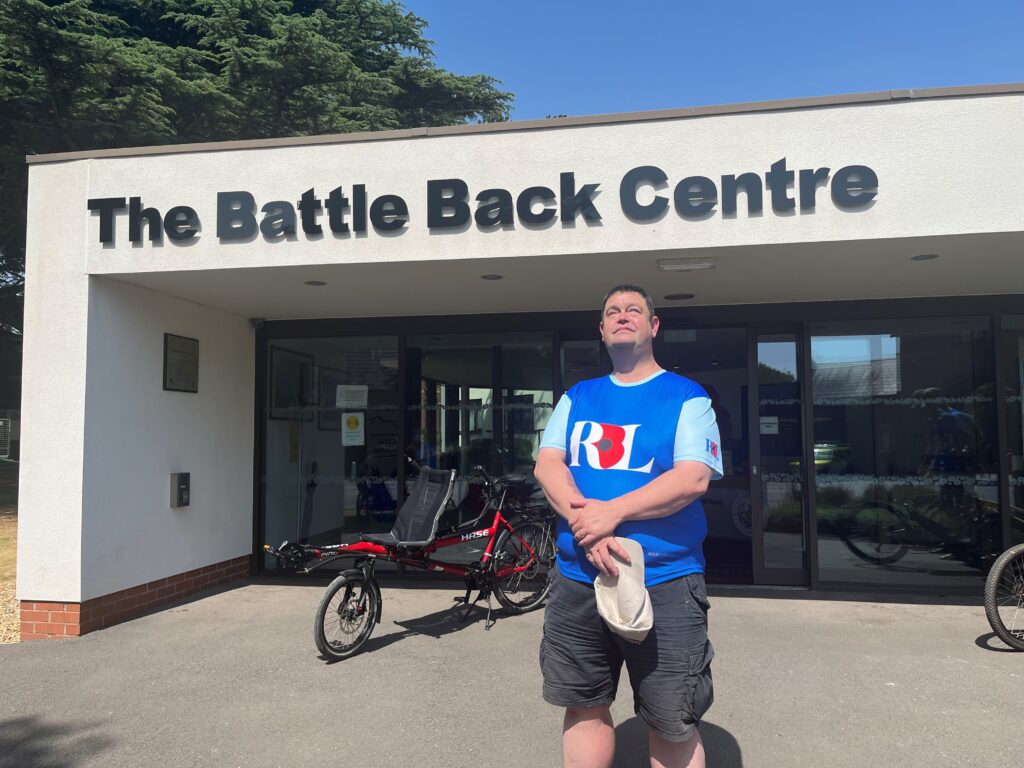
On his 26th birthday, Clive’s world changed forever when he was blinded in an unprovoked assault which left him in a coma for a week, and his sight damaged beyond repair.
As a blind veteran, Clive was given the chance to take part in a programme at the RBL’s Shropshire-based Battle Back Centre. Established in 2011 at the National Sports Centre at Lilleshall, near Newport, the recovery centre runs free multi-activity courses for injured, sick and wounded serving personnel and veterans.
Clive was initially unsure about taking up the offer, concerned his blindness would hamper participation. However, on his arrival he was welcomed and reassured. He found he was able to go for long bike rides, take part in key activities and enjoy everything the centre had to offer regardless of his disability.
Clive hasn’t looked back since, taking part in the veterans’ multi-activity course and has since gone on to participate in other courses specialising in archery – a real passion of his.
He explains: “The RBL course was just amazing and a very positive experience – it turned my whole mindset around. I wasn’t just a blind veteran, I was Clive again and it brought back my confidence. I really honed my passion for archery, it became my therapy out there on the field.
“Attending that very first course at the Recovery Centre has really opened so many doors for me. Before, I was in that slump where I didn’t care, I was having to deal with being blind and the weight of feeling useless, it wasn’t a nice place to be mentally.
“Yet the RBL really gave me the boost I needed to make some positive changes, and I really cannot thank them enough for giving me that opportunity as that really was a turning point for me and my family.”
Clive is now involved in the Great Britain blind archery team and has recently taken part in the Para-European Championships in Rome and is a regular at Lilleshall, demonstrating to others the joy of archery and showcasing how anyone can join in with sport.
So, when you fundraise for the RBL – running a marathon, leaving a legacy, popping a coin in the poppy collecting box – what does your money help to achieve?
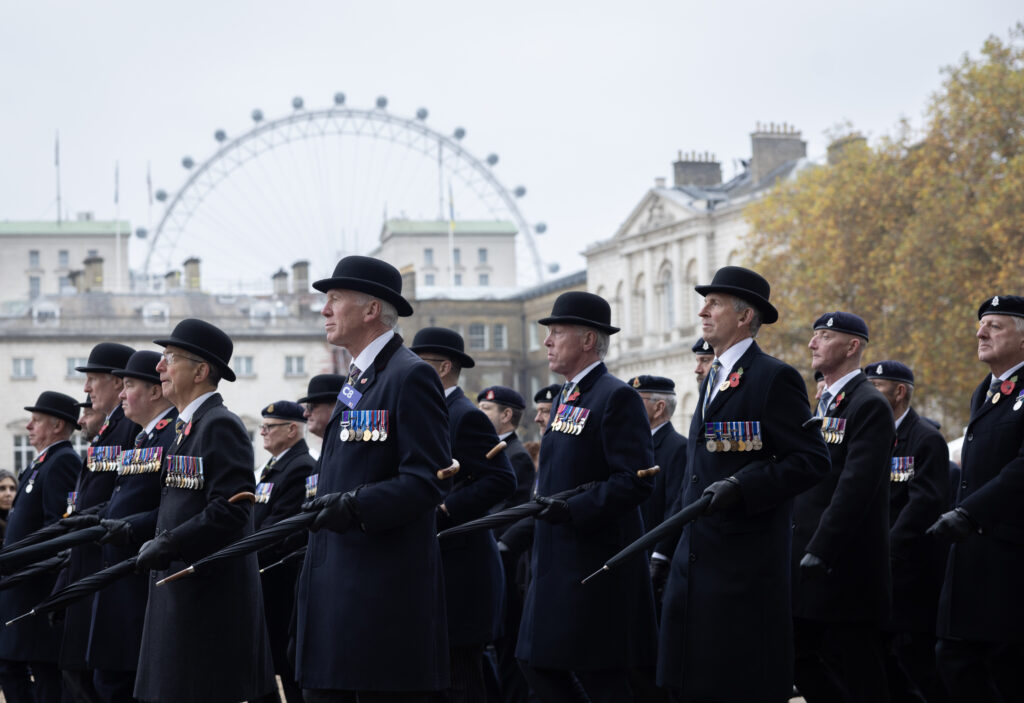
In 2024, the RBL:
Helped 22,600 beneficiaries with grants, totalling £11.8 million.
Funded 761 people to undertake a recovery course at the RBL’s Battle Back Centre.
Organised to take 62 members of Team UK and their families to the 2025 Invictus Games in Vancouver in February.
Represented 733 beneficiaries at tribunals resulting in £24.5 million War Pensions awards.
Supported almost 27,000 people in need through its casework
Gina Thandi, the RBL’s Midlands spokesperson, adds: “Our Benefits, Debt and Money Advice specialists supported 1,314 households, with financial outcomes of nearly £10 million achieved, a 29 per cent increase from the previous year. Through our casework and specialist support services, we helped 22,507 households across 66 countries.”
In 2023, the Royal British Legion launched a new poppy, made totally of paper to avoid single use plastic – the first time the iconic poppy had been redesigned in 28 years. Remarkably, over the course of a year, four and a half miles of paper are transformed into 30 million poppies, shipped to volunteers around the country.
Compare that to the first appeal 104 years ago when the 9 million poppies were made from red silk. This famous badge of remembrance was inspired by John McCrae’s 1915 poem In Flanders Fields, which opens ‘In Flanders fields, the poppies blow, between the crosses, row on row.’ It struck an emotional chord with the public – as it still does – and quickly sold out, raising £106,000. The funds helped veterans to find employment and housing after the war.
The RBL estimates that more than 54,000 volunteers participated in last year’s Appeal, delivering boxes and manning stations and key locations across the UK.
The Poppy Appeal accounted for nearly half of the £116 million raised by the RBL through fundraising last year.
Poppy Appeal Manager for Shropshire, Ian Davies, explains the importance of volunteers and the appeal itself.
“The RBL’s Poppy Appeal is the charity’s largest fundraising campaign and takes place every year in October and November in the run up to Armistice Day and Remembrance Sunday.
“The money raised makes a vital difference to people in the Armed Forces community, providing expert advice and practical support, whatever the need, whenever it’s needed.
“Our volunteers are essential in ensuring our poppies get delivered and distributed across the county.
“Last year we raised over £510,000 in Shropshire thanks to their dedication and support. We always welcome anyone wanting to aid with such a huge campaign each year and volunteering is a great way to meet new people, support your community and build your skills.
“We would encourage anyone who is interested in volunteering for the Poppy Appeal to get in touch with us to find out more.
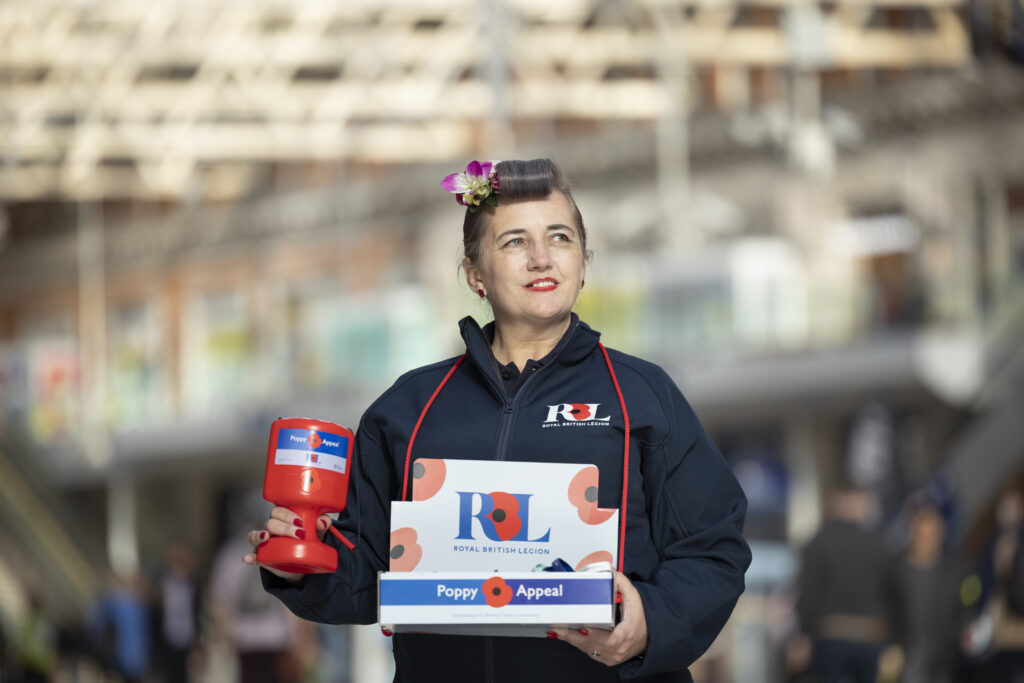
Royal British Legion Poppy Appeal organiser
“If you are looking for a more active part in the appeal, we would love to have you as a Poppy Appeal organiser. This role is crucial to delivering the appeal in the county and includes distributing poppy boxes, organising a team of dedicated volunteers, and counting money. You will be fully supported in the role, including receiving training before the Poppy Appeal,” Ian adds.
“The red poppy has become a universal symbol of Remembrance and hope – hope for our beneficiaries to overcome their difficulties with our help, and hope for a peaceful world,” Gina says, adding: “There is no right or wrong way to wear a poppy – we only ask you to wear it with pride.”
Shropshire’s RBL membership engagement officer Hayden Langston is a powerful advocate for the merits of becoming a member, which provides the opportunity to get involved in a wide range of activities and events held locally, regionally and nationally throughout the year
Hayden adds: “Having been a member myself for a number of years, I can say that the RBL is a fantastic organisation. Our volunteers offer support to beneficiaries all year round through a variety of methods.
“We aren’t just a charity, we are a community, a network of likeminded individuals who like to ensure nobody gets left behind.”
Interested in getting involved? Visit britishlegion.org.uk or call 0345 845 1945 for more information.

